Guide to Choosing the Best Mattress Pad for Your Bed
Choosing the right mattress pad can make a huge difference in your sleep quality. In this guide, we'll share with you everything you need to know to choose the best mattress pad for your bed, including types of mattress pads, materials, thickness, and more.
Why a Quality Mattress Pad is Key for Better Sleep
If you're looking to improve your sleep quality, investing in a good mattress pad can be a game-changer. A mattress pad is a thin layer of material that goes on top of your mattress, adding extra cushioning, support, and comfort to your bed. But with so many different types of mattress pads available on the market, how do you know which one to choose? In this ultimate guide to choosing the best mattress pad for your bed, we'll share with you everything you need to know to make an informed decision.
Types of Mattress Pads: Foam, Cotton, Wool, Organic Cotton, Organic Wool, and Bamboo
When it comes to choosing a mattress pad, there are a variety of materials to choose from. Here are some of the most common types:
- Foam: Foam mattress pads are typically made from memory foam or latex foam. They can provide additional support and cushioning, making them a good choice for people with back pain or joint issues.
- Cotton: Cotton mattress pads are soft, breathable, and easy to care for. They can help regulate your body temperature and wick away moisture, making them a good choice for hot sleepers.
- Wool: Wool mattress pads are naturally hypoallergenic and can provide extra warmth in the winter and coolness in the summer. They can also help regulate moisture and prevent the growth of mold and mildew.
- Organic Cotton: Organic cotton mattress pads are made from cotton that has been grown without the use of pesticides or other harmful chemicals. They are a great choice for people who are concerned about the environment and their health.
- Organic Wool: Organic wool mattress pads are made from wool that has been certified organic, meaning it comes from sheep that have been raised without the use of antibiotics or hormones. They are a good choice for people with allergies or sensitivities to synthetic materials.
- Bamboo: Bamboo mattress pads are made from bamboo fibers, which are naturally soft, breathable, and moisture-wicking. They can also provide additional support and cushioning, making them a good choice for people with back pain or joint issues.

Factors to Consider When Choosing a Mattress Pad: Material, Thickness, Size
Materials:
The material of your mattress pad can also impact its comfort, durability, and performance. Here are the most common materials used in mattress pads:
- Cotton: Cotton mattress pads are soft, breathable, and affordable. However, they may not provide as much cushioning as other materials.
- Polyester: Polyester mattress pads are durable, easy to clean, and budget-friendly. However, they may trap heat and cause you to sleep hot.
- Wool: Wool mattress pads are naturally hypoallergenic, breathable, and regulate temperature well. However, they can be expensive and may require special care.
- Bamboo: Bamboo mattress pads are soft, eco-friendly, and moisture-wicking. They're a great option if you tend to sleep hot.
Thickness:
The thickness of your mattress pad can also impact its comfort and support. Here are the most common thicknesses of mattress pads:
- Thin: Thin mattress pads are usually less than an inch thick and provide minimal cushioning. They're a good option if you're looking to protect your mattress without adding extra bulk.
- Medium: Medium mattress pads are usually 1-2 inches thick and provide extra cushioning and support. They're a good option if you're looking to enhance the comfort of your mattress.
- Thick: Thick mattress pads are usually more than 2 inches thick and provide maximum cushioning and support. They're a good option if you have a firm mattress or suffer from joint pain.
Size:
Make sure to choose a mattress pad that fits your bed size. Most mattress pads come in standard bed sizes, such as twin, full, queen, and king. Make sure to measure your mattress before buying a mattress pad to ensure a proper fit.

Maintenance Tips for Your Mattress Pad:
When choosing a mattress pad, it's important to consider the maintenance required to keep it in good condition. Here are some maintenance tips to keep in mind:
- Check the care instructions: Before buying a mattress pad, make sure to check the care instructions to ensure that you can maintain it properly. Some mattress pads require special care, such as dry cleaning or hand washing.
- Wash regularly: It's important to wash your mattress pad regularly to keep it clean and hygienic. Most mattress pads can be washed in a washing machine, but make sure to follow the care instructions and use a gentle detergent.
- Dry thoroughly: After washing your mattress pad, make sure to dry it thoroughly before putting it back on your bed. Some mattress pads can be tumble dried, while others need to be air-dried.
- Rotate regularly: To prevent wear and tear, it's a good idea to rotate your mattress pad regularly. This will help distribute the weight and pressure evenly across the pad and prolong its lifespan.
- Replace when necessary: Even with proper maintenance, mattress pads will eventually wear out and need to be replaced. If you notice any signs of wear and tear, such as lumps or tears, it's time to replace your mattress pad.
Conclusion: Invest in a Mattress Pad for Better Sleep and Longer Mattress Life
Choosing the best mattress pad for your bed can be a daunting task, but with the right information, you can make an informed decision that will improve your sleep quality. Remember to consider the type, material, thickness, size, and maintenance requirements of your mattress pad before making a purchase. With the right mattress pad, you'll enjoy a comfortable, supportive, and hygienic sleep surface for years to come.


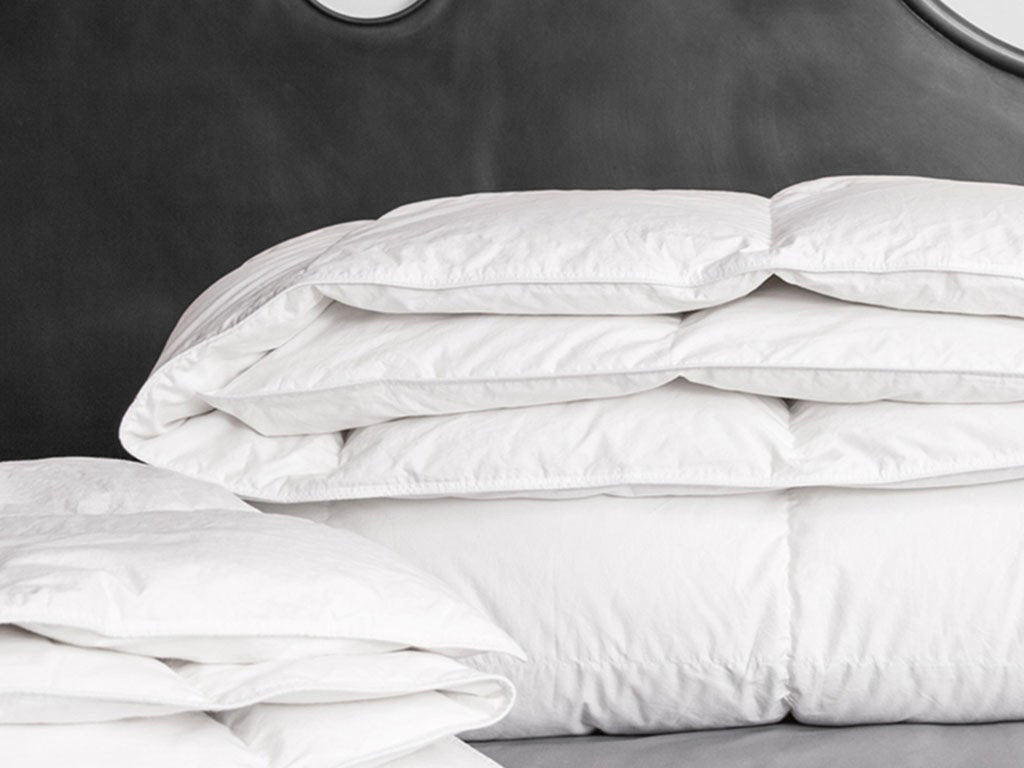
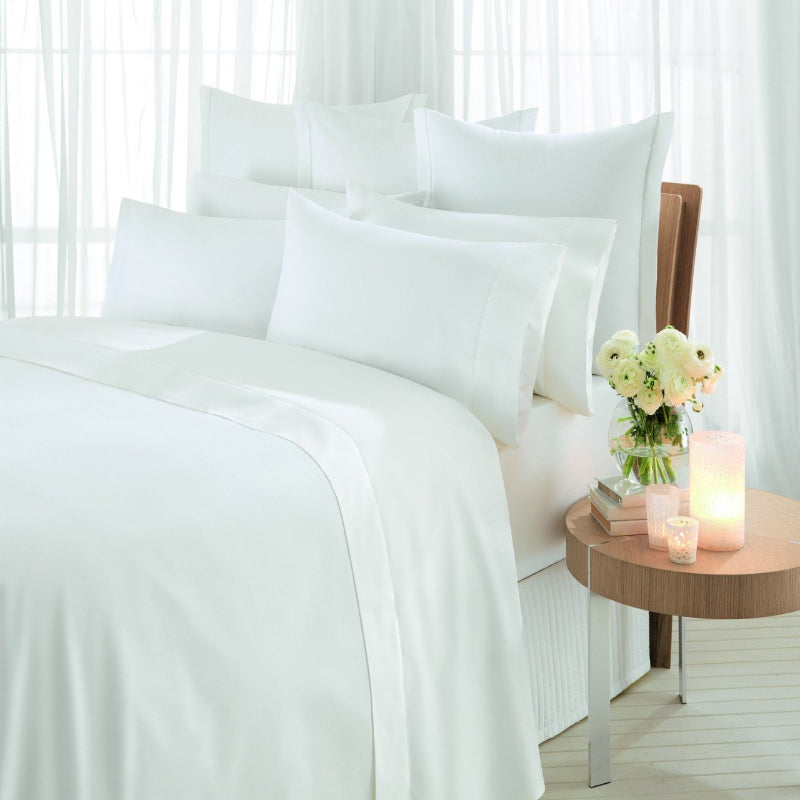
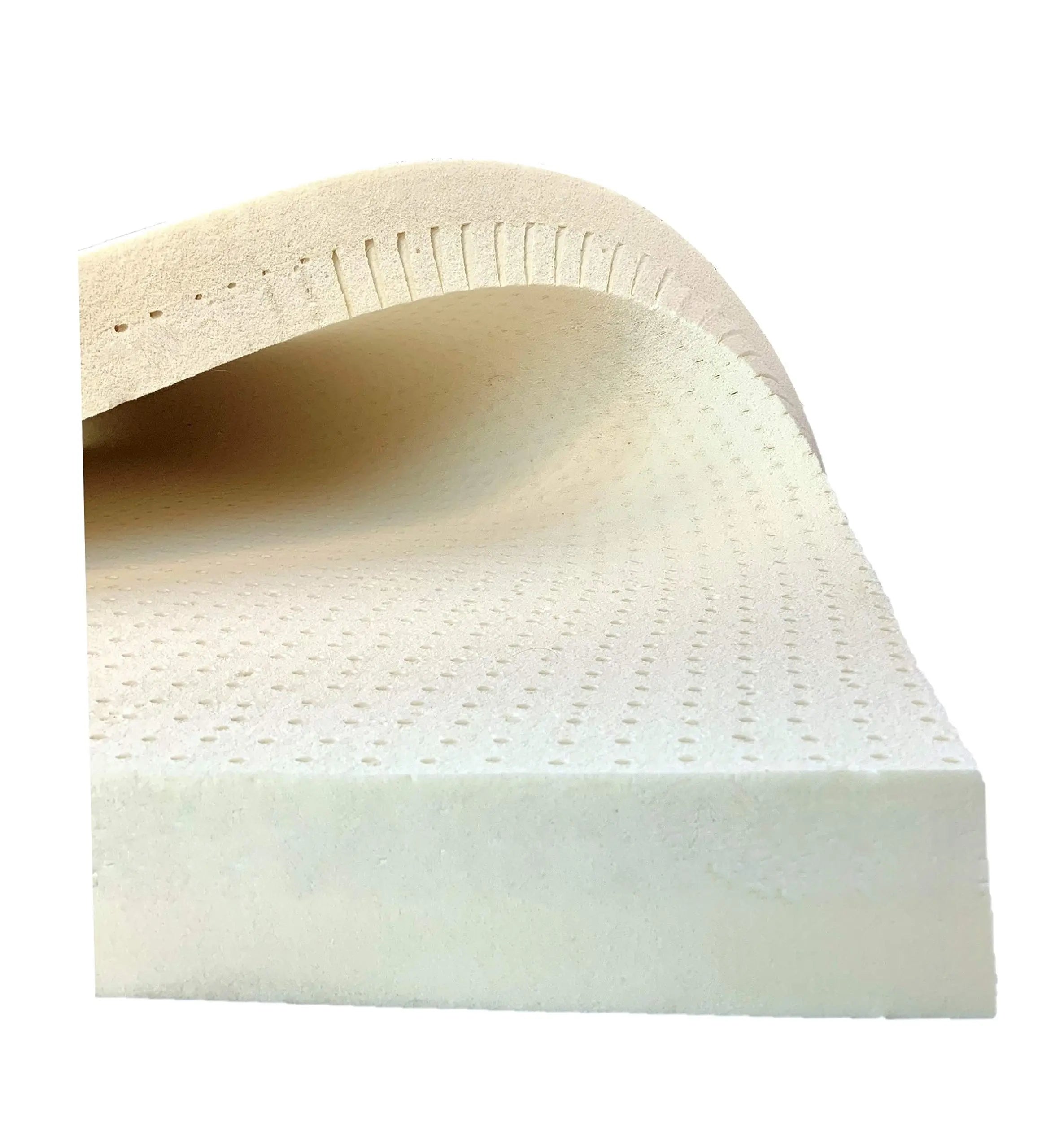
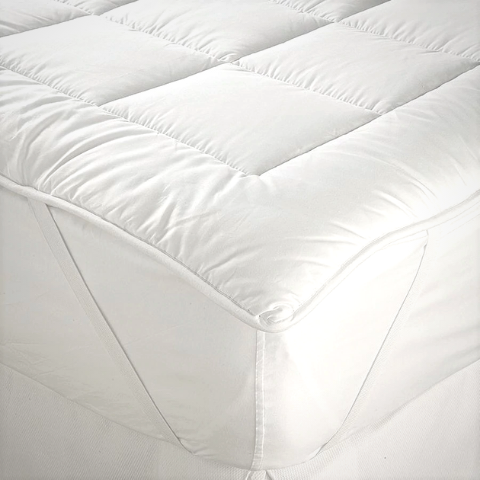
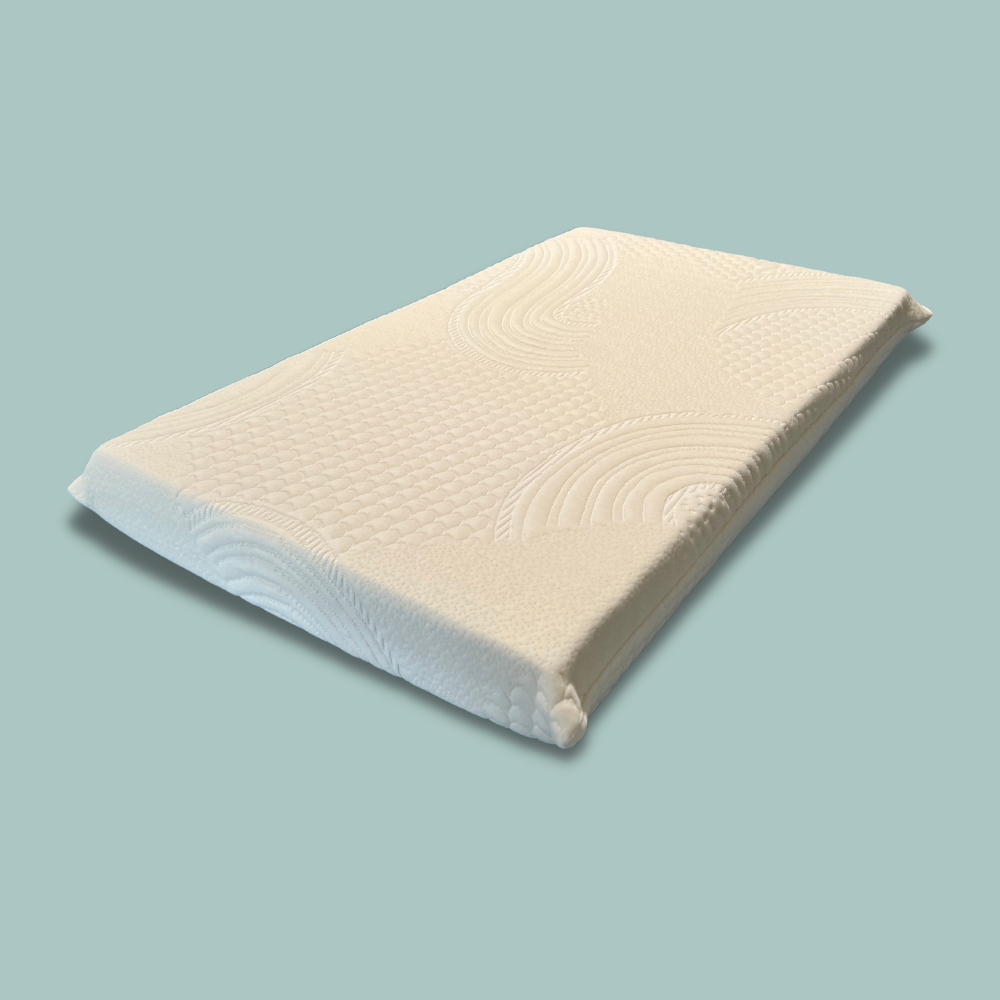
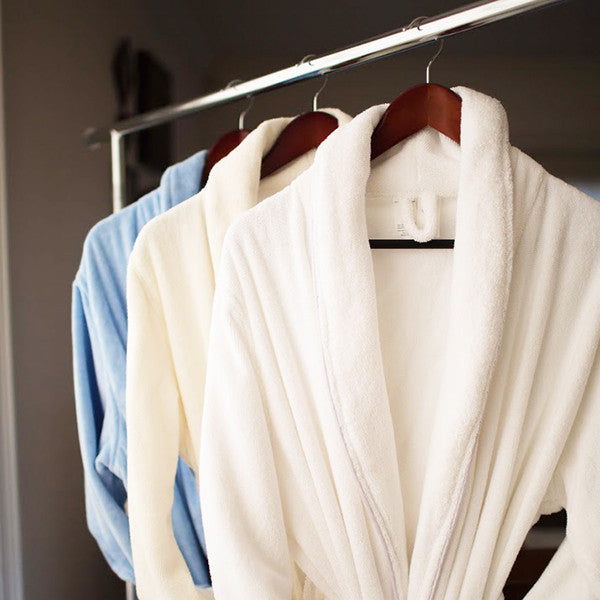
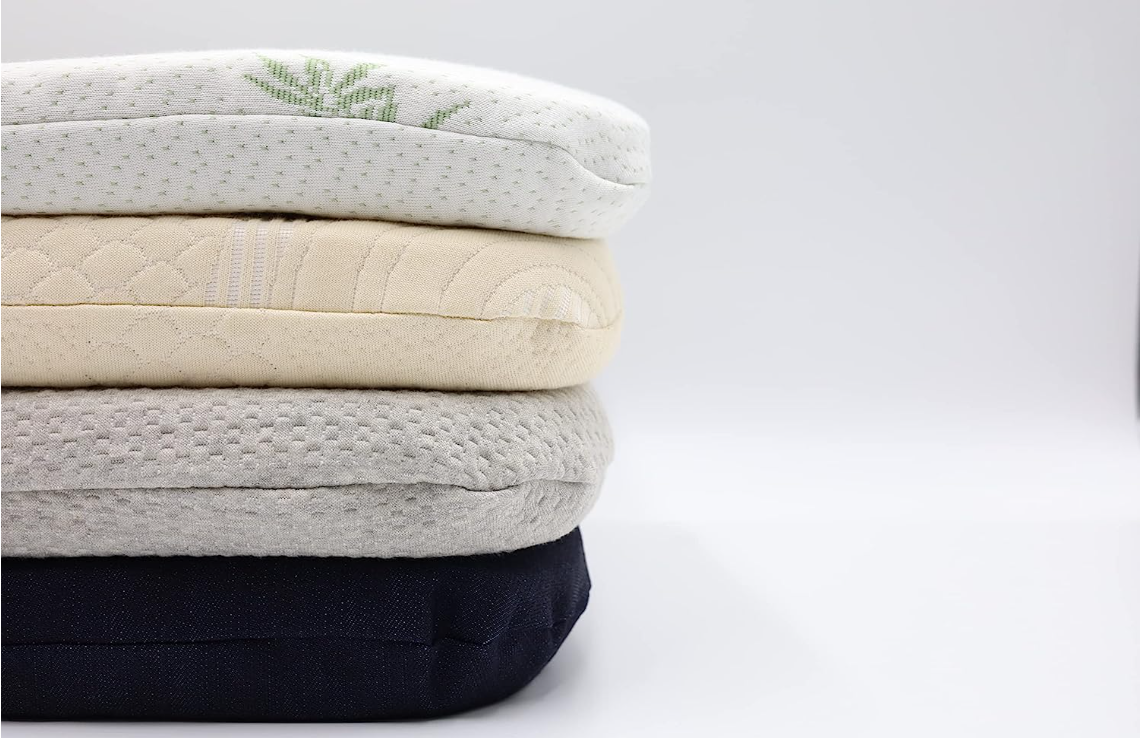
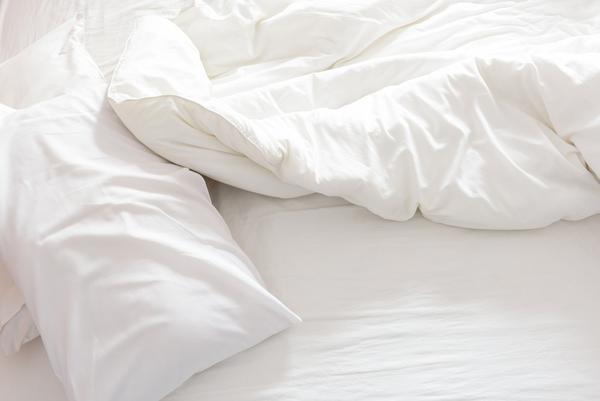
Leave a comment